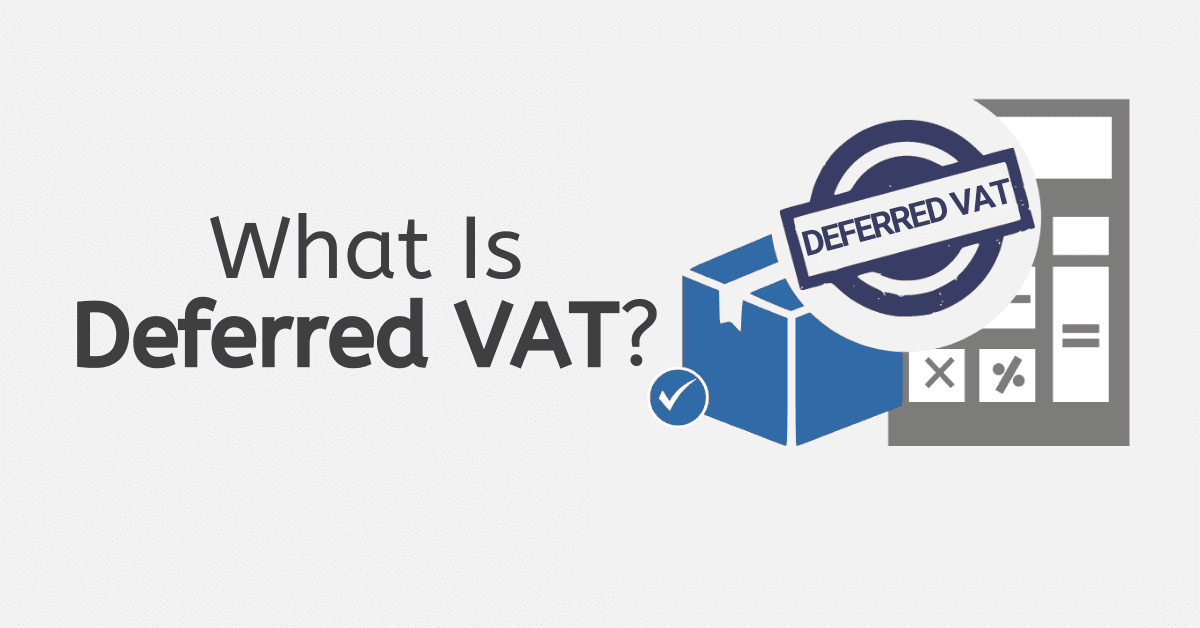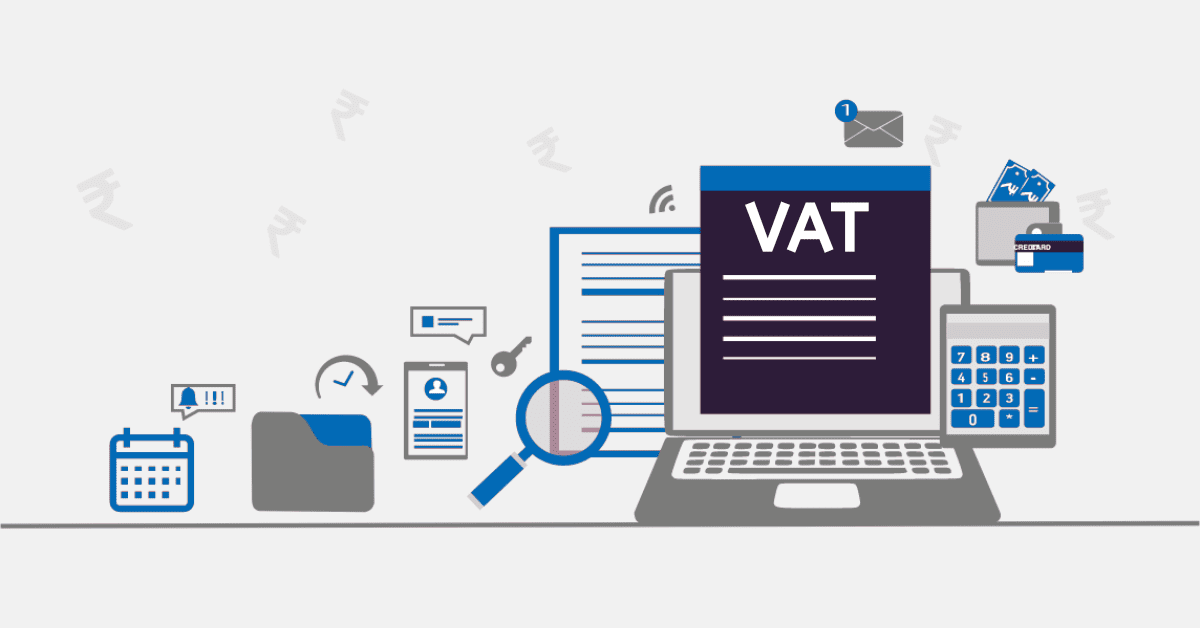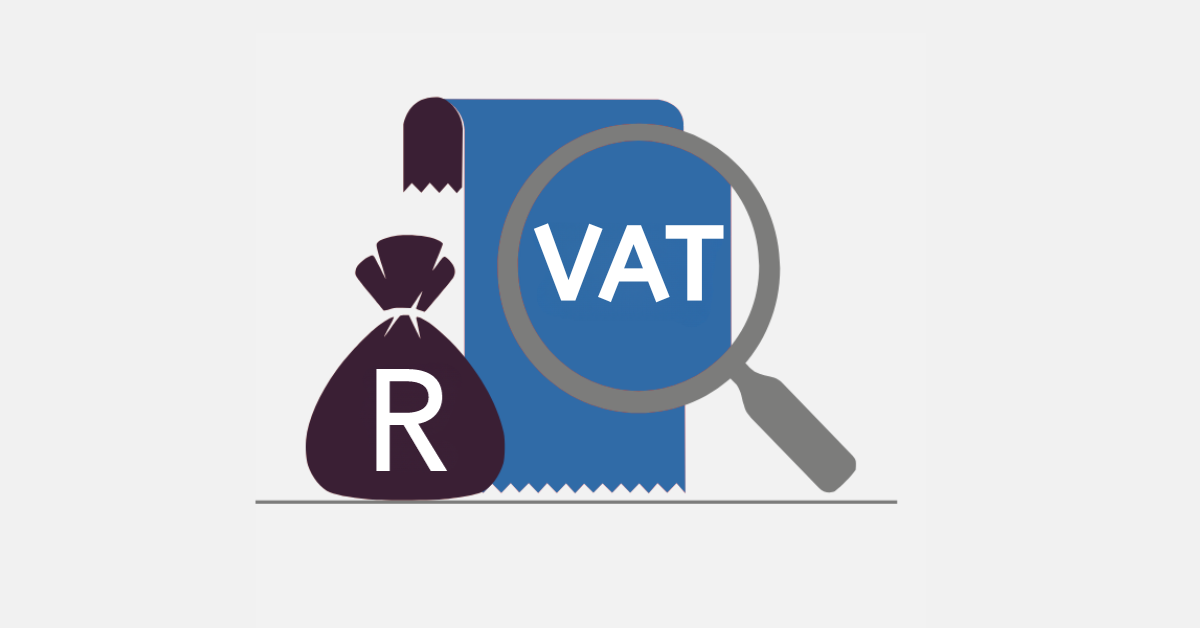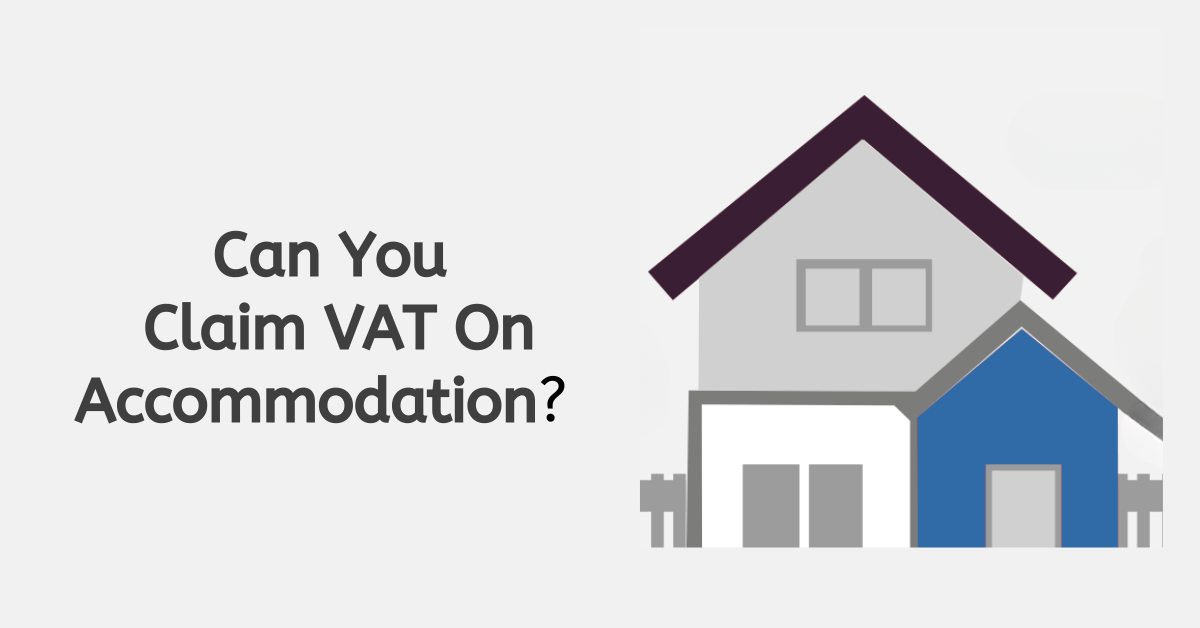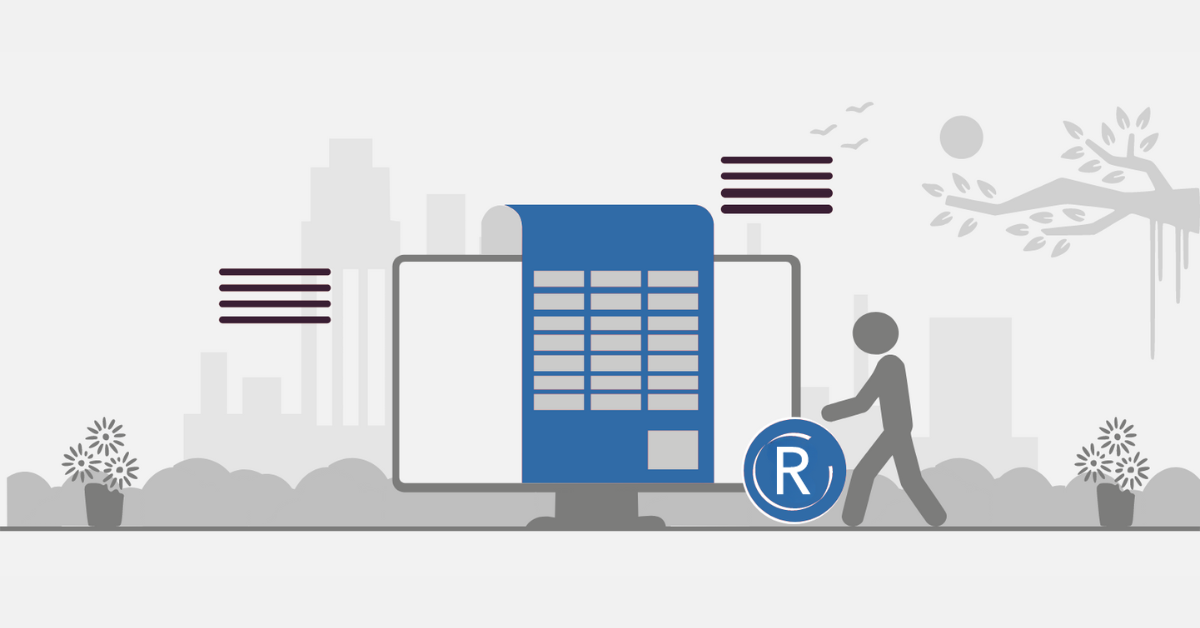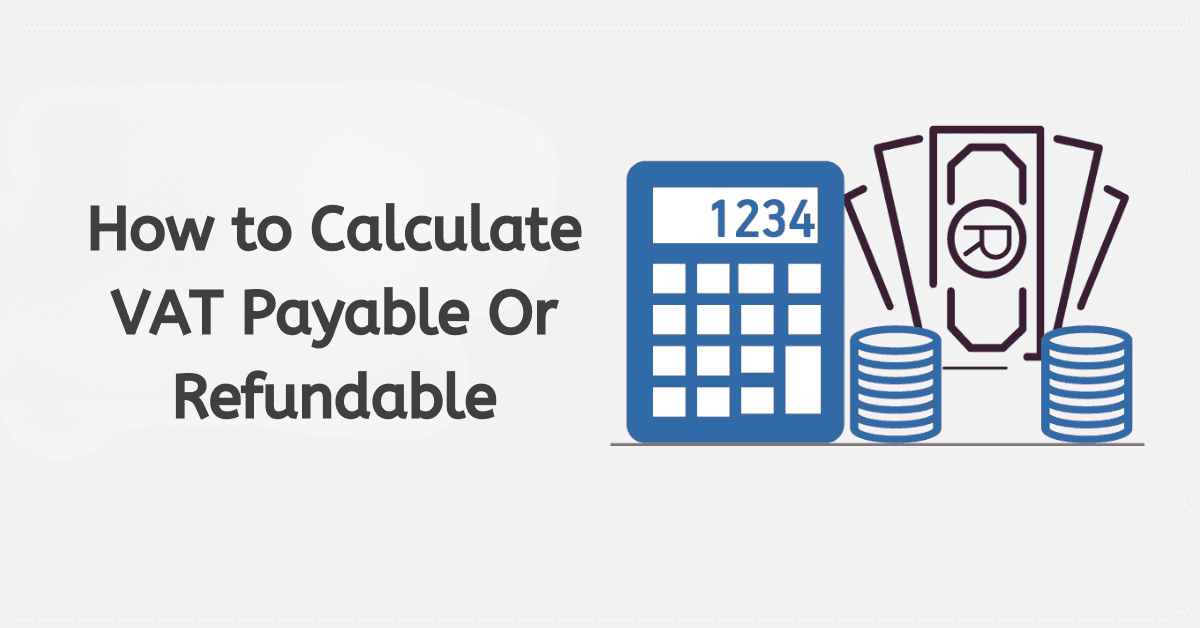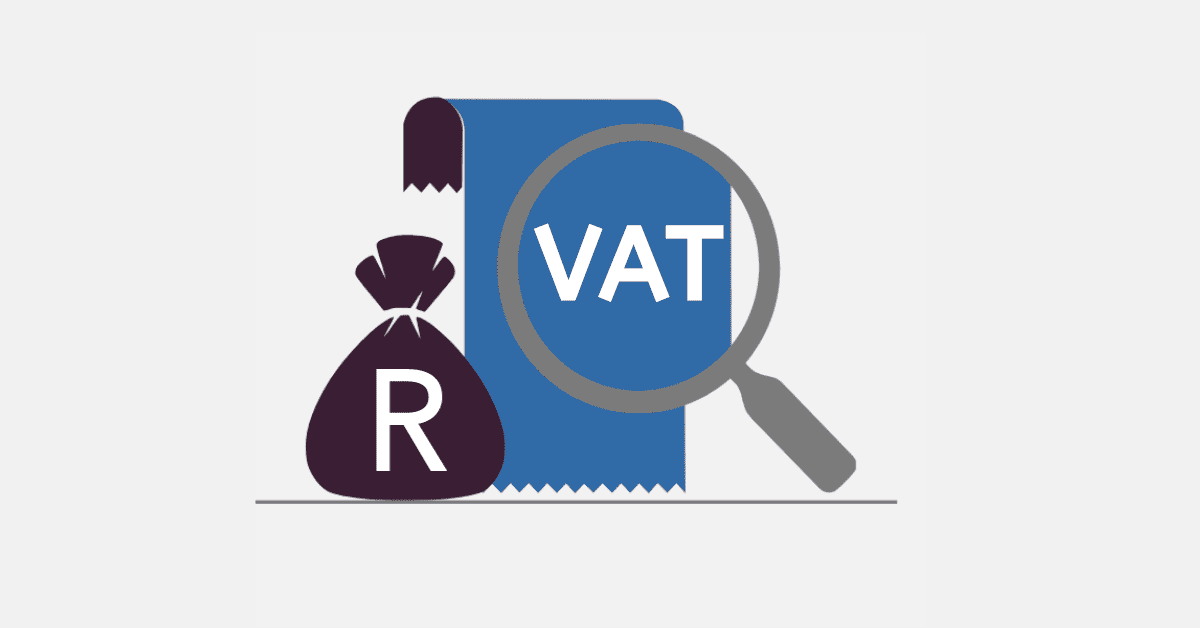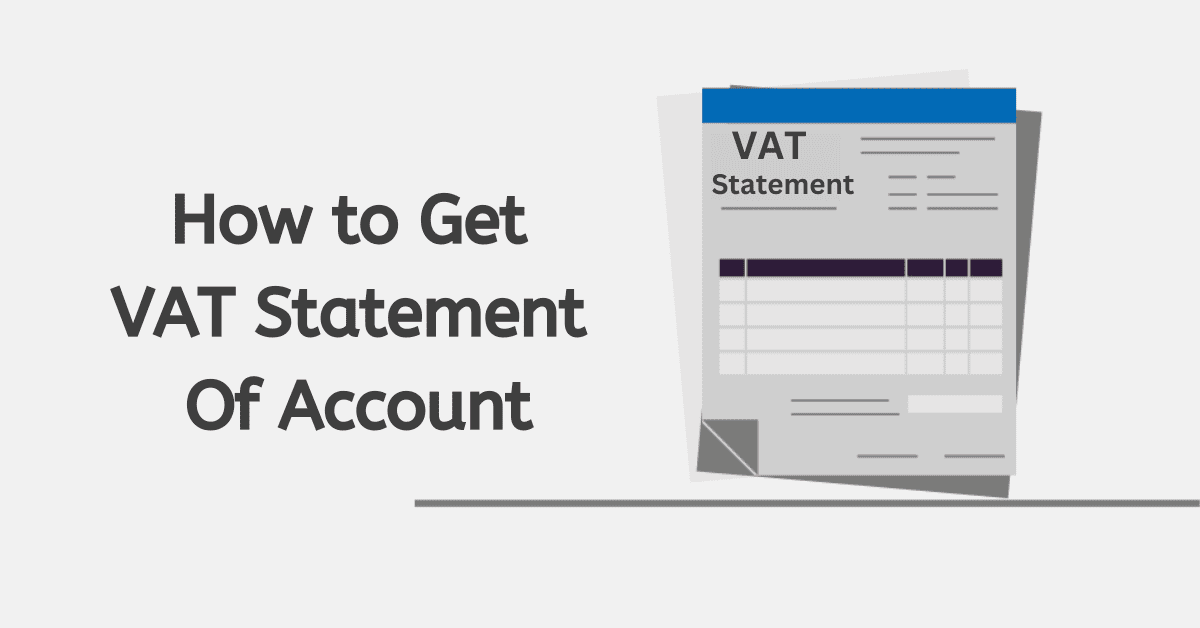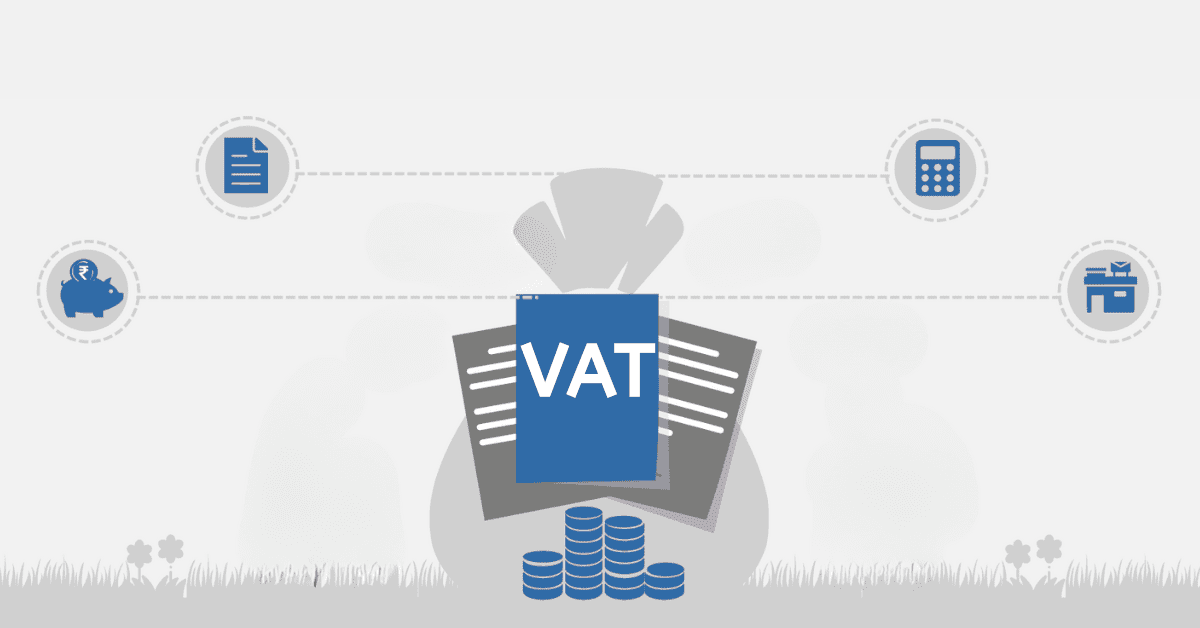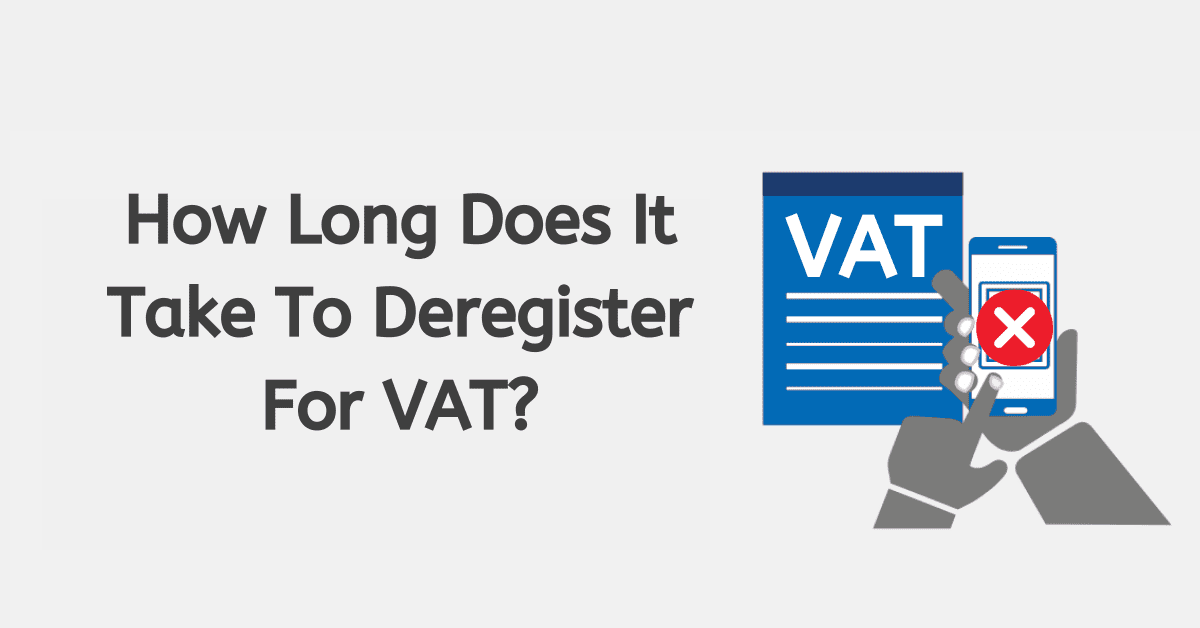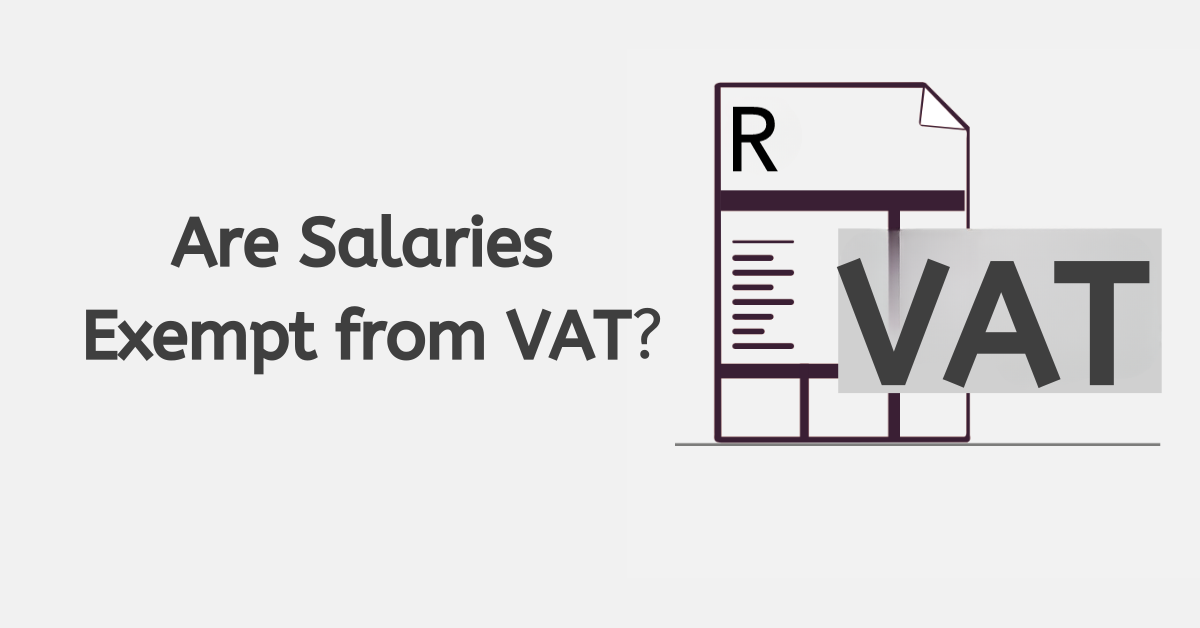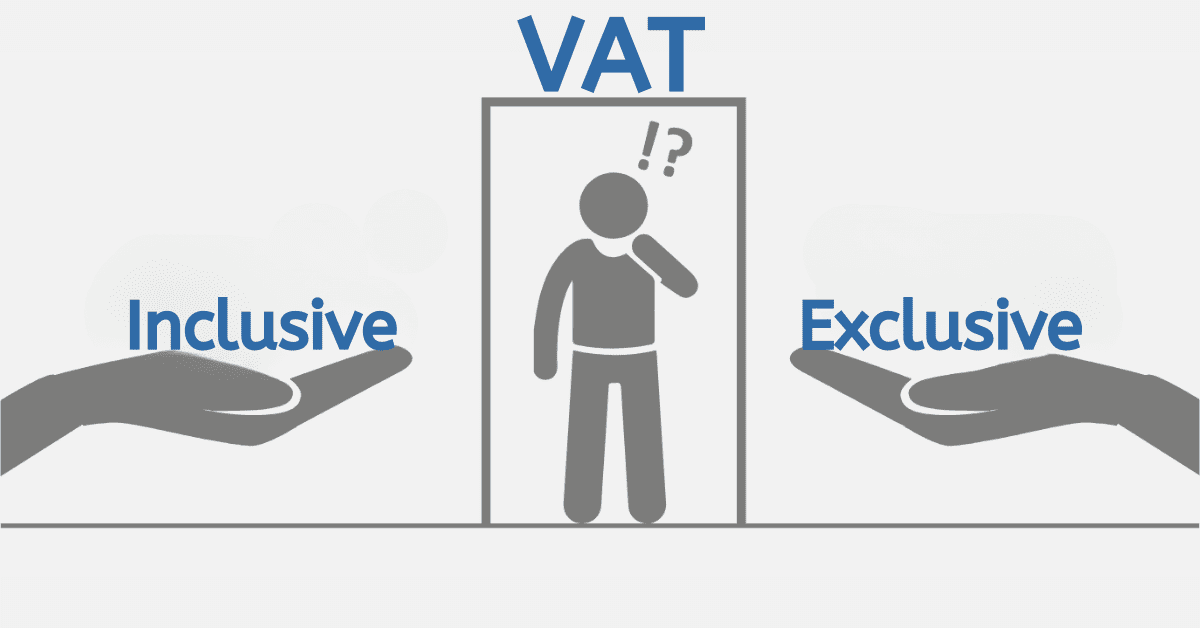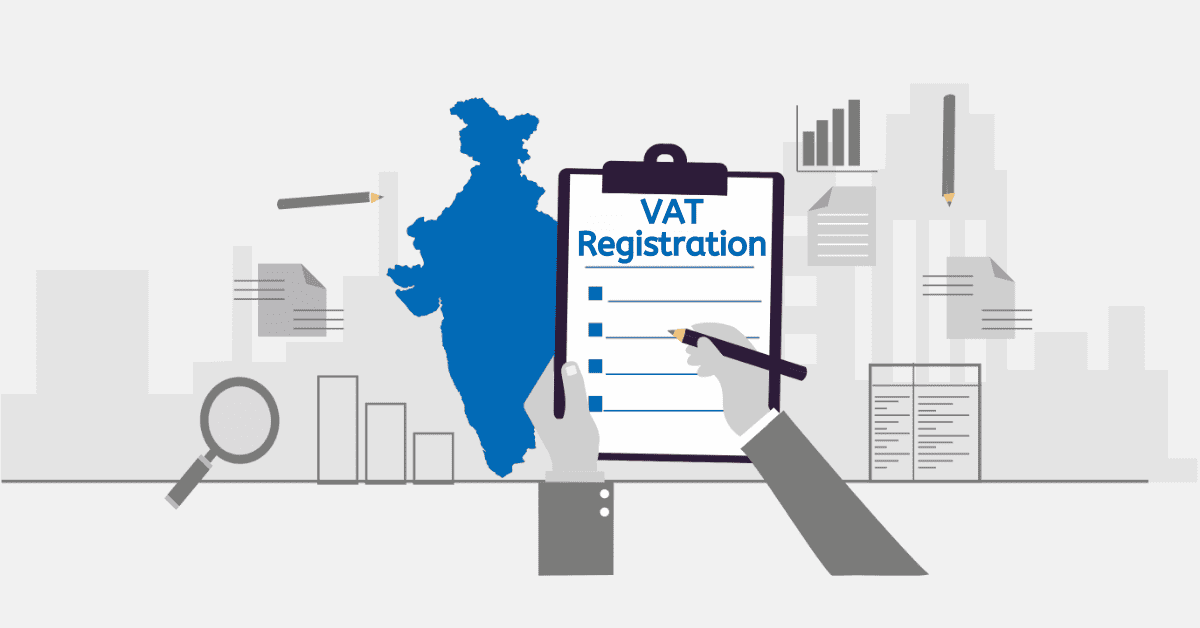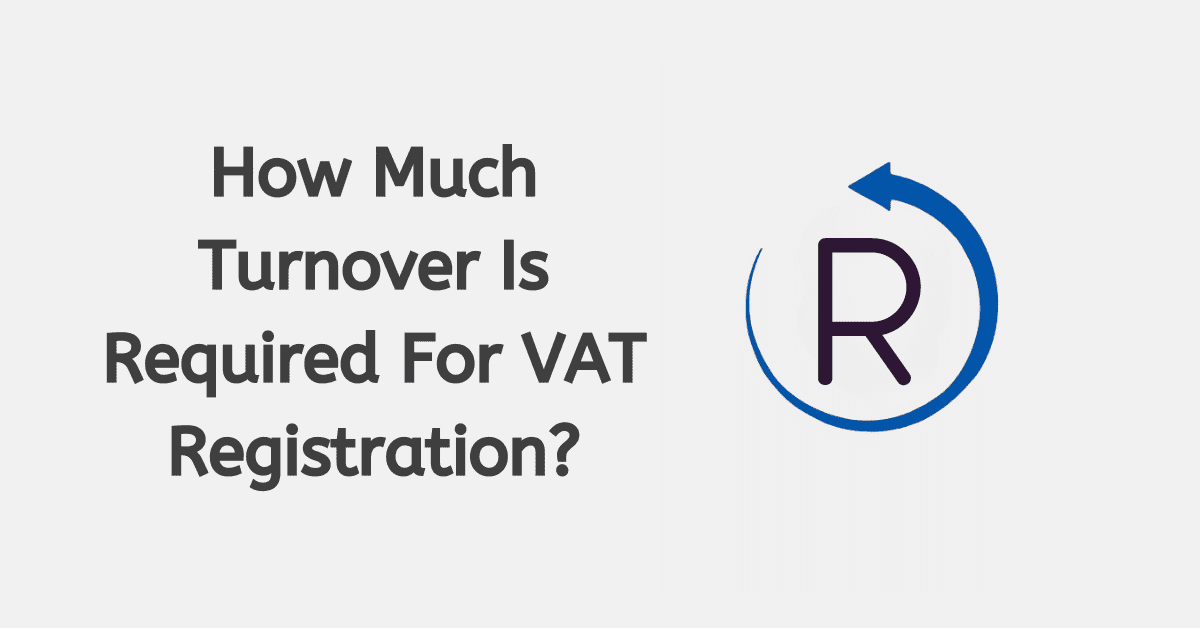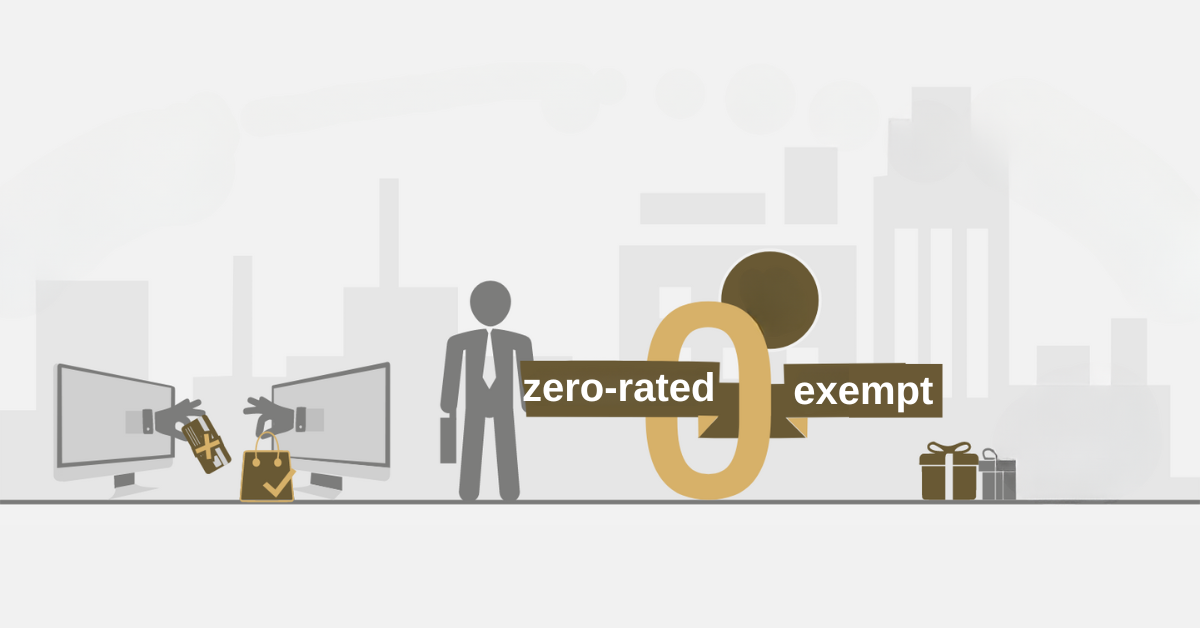If you want to buy property in South Africa, it is important to understand the effects of value-added tax (VAT) on your deal. For example, VAT-registered vendors can claim VAT refunds on property purchase, which lead to significant savings. This guide explains everything you want to know about claiming back VAT on property purchases.
How to Claim Back VAT on Property Purchase
To be eligible to claim back VAT on a property purchase in South Africa, you must be a registered VAT vendor with the South African Revenue Service (SARS). VAT is levied on properties acquired for commercial purposes like running a business or generating income from rentals.
If you are a registered vendor, you can claim your VAT by submitting the correct VAT documentation, including proof of payment, invoices, and tax invoices, to SARS. Once you finalize the purchase, make sure you get all the necessary documents from the seller, including any correspondence, offers, and transactions involved.
You also need to submit your VAT return to SARS, including the VAT that has been charged on the property you have bought. The VAT return must cover a relevant tax period. Be sure to complete all the required sections on the VAT return form, and your calculations must be correct.
Once you complete the VAT return form, you can hand it together with other supporting documents to the SARS officials at your local branch. Alternatively, you can submit the VAT return online using the appropriate portal. Make sure you submit your VAT return within the timeframe stipulated by SARS. Late submission can lead to delays in processing your VAT, or you may be charged penalties.
SARS will process your application, which involves verification of your supporting documentation. If your papers are in order, you will be issued a VAT refund for the amount claimed. When your property transactions are complex, it is a good idea to enlist the services of a tax professional to do the right thing. More importantly, you must stay up to date with all VAT regulations. SARS regularly updates its website, and this is where you can get all the information you want.
Do You Pay VAT When Buying a House in South Africa?
Before you buy property, it is essential to get clarification on whether the price includes VAT to avoid financial and legal challenges later. If the price includes VAT, it will be charged at the standard rate of 15%. When the seller is a VAT vendor, VAT will be charged on the price of the property. VAT is paid when the seller transfers property to the buyer. However, the buyer pays the transfer duty if the seller is not VAT-registered.
If the buyer is a VAT vendor, they can claim a refund on the VAT paid upon meeting certain conditions. When the property seller is registered for VAT, they must communicate this information to the real estate agent handling the deal. The agent’s commission must be calculated using the net purchase price instead of the gross price
Although VAT is claimable, it must be first paid to the receiver of revenue. Upon finalization of the transaction, get all the documentation required when you claim your VAT.
Can You Claim VAT Back on a Commercial Property?
Yes, if you are a registered VAT vendor, you can claim your VAT charged when you buy a commercial property. VAT is part of the price of the property, so you should ensure the contract clearly states the inclusion of VAT. You can ask a professional to help you go through the wording of the contract so that you make an informed decision.
How Much Is VAT on Property in South Africa?
The VAT rate on property is 15% in South Africa, and it is levied on all property transactions where the sellers are registered for VAT. Agent commission, bond registration, and transfer fees are subject to VAT. As indicated above, the buyer needs to establish if the seller is VAT registered since it affects the price of the property in different ways.
Who Pays the Transfer Duty Buyer or Seller?
If the property seller is not a VAT vendor, then the buyer is liable to pay transfer duty. Therefore, the buyer must check if the seller is registered for VAT since transfer duty can affect their pocket, especially when they have not budgeted for it. Similarly, the buyer must also budget for VAT when buying property, although they will claim it later.
Transfer duty is not applied to the first R1 000 000 when buying property. Instead, it is calculated as follows:
R1 000 001 – R1 375 000 3% of the value more than R1 000 000
R1 375 001 – R 1 925 000 R11 250 + 6% of the value is more than R1 375 000
R1 925 001 – R2 475 000 R44 250 + 8% of value more than R1 925 000
R2 475 001 – R11 000 000 R88 250 + 11% of value exceeding R2 475 000
R11 000 000 and above R1 026 000 + 13% of value more than R11 000 000
If you intend to buy property in South Africa, you should know that VAT is levied on the purchase prices at the standard rate of 15%. If the seller is VAT registered and you are also registered, you can claim your VAT later. If the seller is not VAT registered, the buyer is liable for paying transfer duty to the seller. Understanding the intricacies of VAT and transfer duty is critical when you purchase property since they affect the total price you will pay. This also helps you to properly budget for the often huge purchases involving immovable properties.
